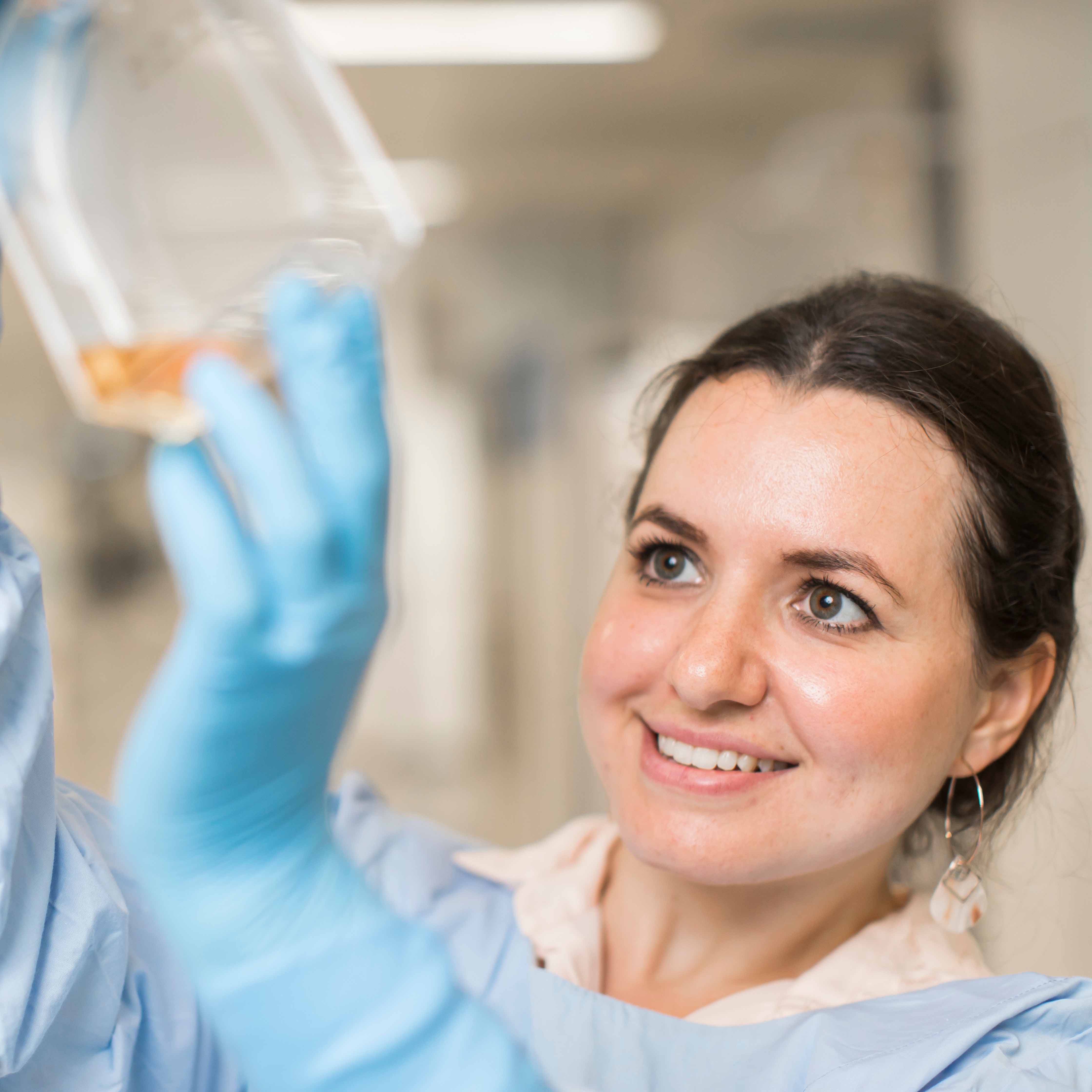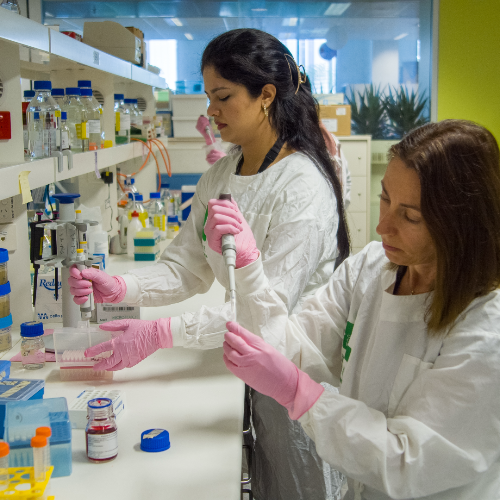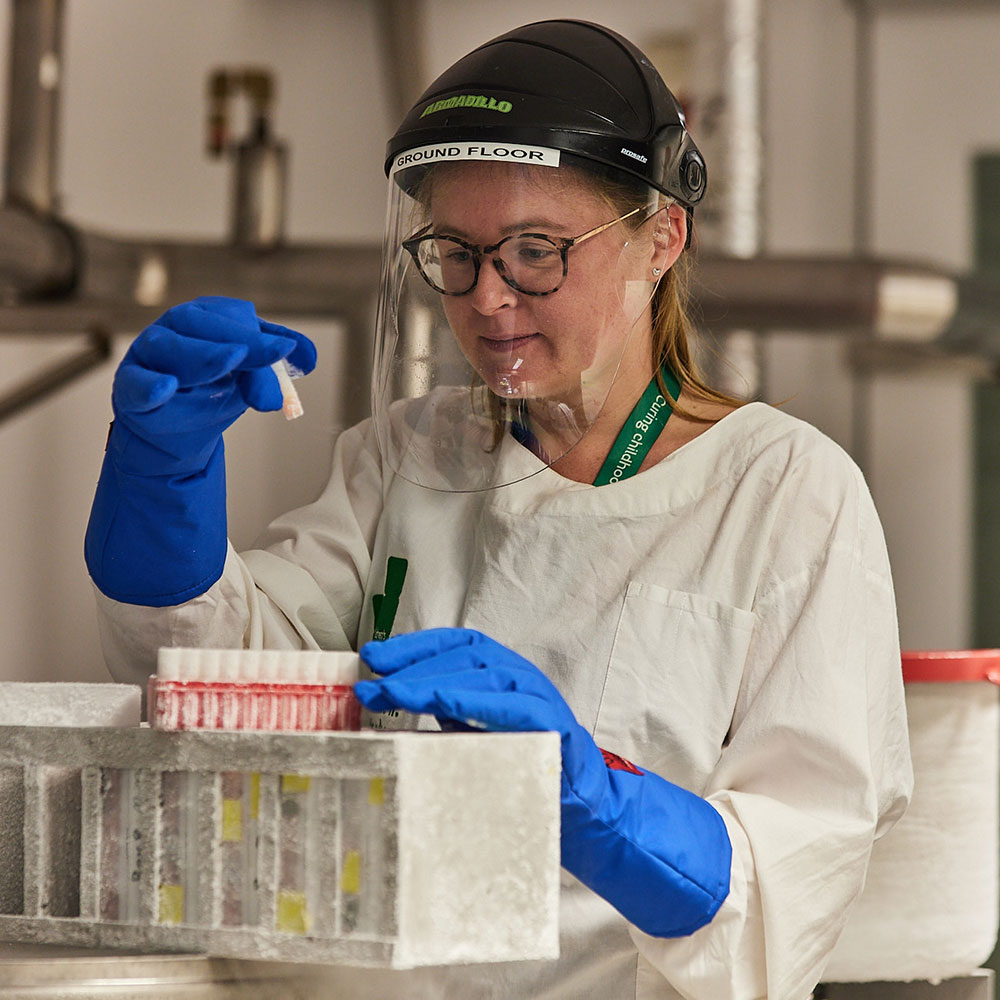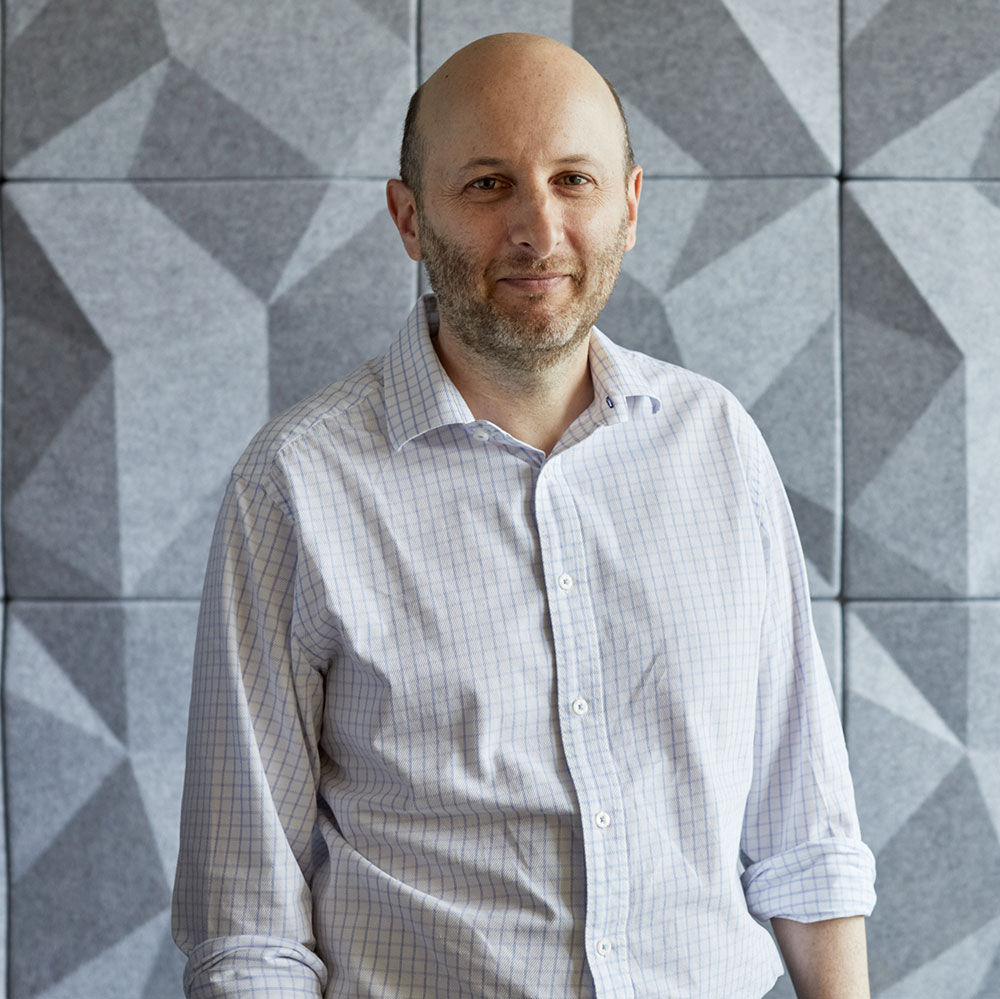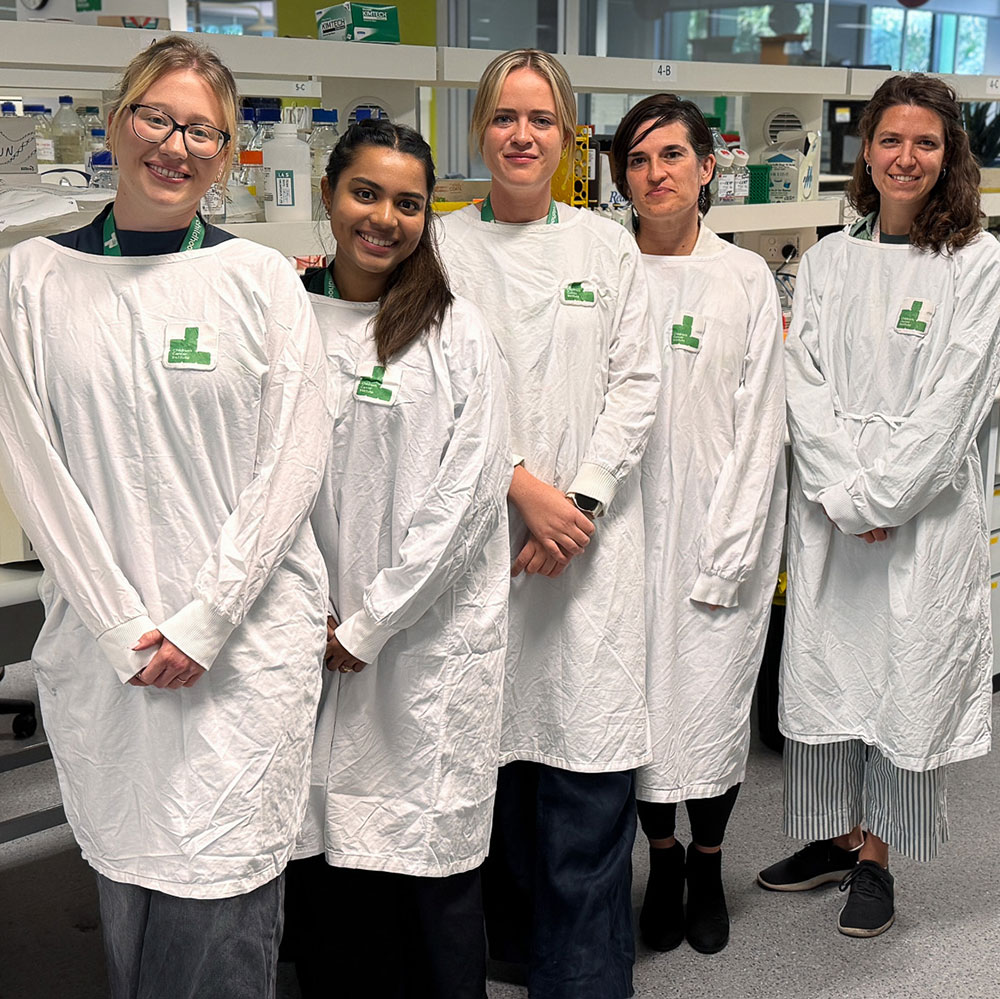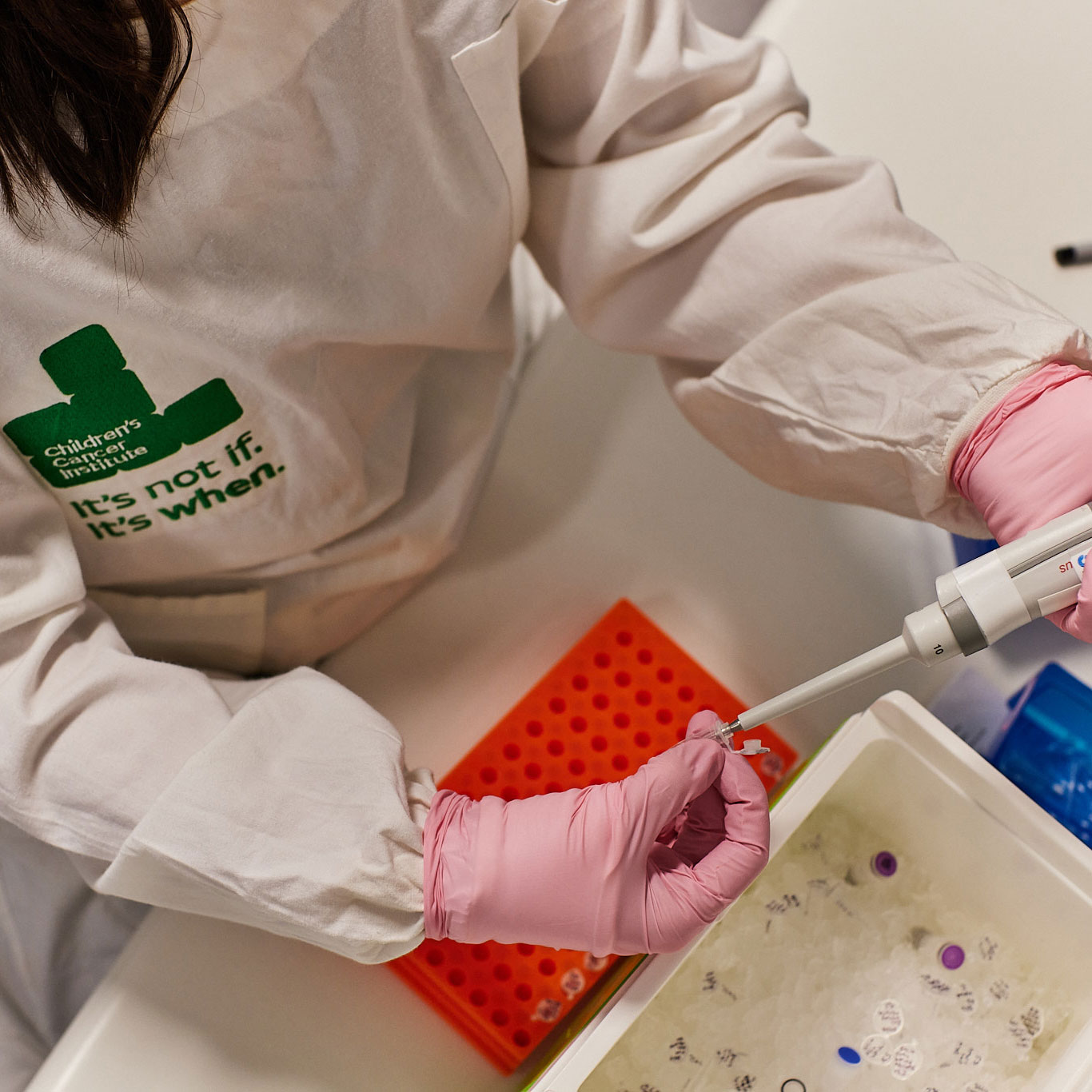The ambitious aim of the ‘Australian Brain Cancer Mission’ is to double brain cancer survival rates over the next 10 years and improve the quality of life for patients. The longer-term goal is to defeat brain cancer for kids like Thomas, pictured above.
Health Minister The Hon Greg Hunt MP announced yesterday that the Australian Government will contribute $50 million under the Medical Research Future Fund and seek matching contributions from philanthropy, other governments, industry and the private sector. Cure Brain Cancer Foundation has committed $20 million and Andrew Forrest’s Minderoo Foundation’s Eliminate Cancer Initiative has committed $10 million towards this bold and important Mission.
Part of this support includes investment in innovative clinical trials – including the Zero Childhood Cancer program, jointly led by us at Children’s Cancer Institute and by Sydney Children’s Hospital Randwick (Sydney Children’s Hospital Foundation). This program has a major focus on brain cancer research through the work of Associate Professor David Ziegler, who heads our Targeted Therapy research group.

A/Prof David Ziegler is leading our researcher into DIPG
A/Prof David Ziegler, a clinician-researcher at Children’s Cancer Institute and Kids Cancer Centre at Sydney Children’s Hospital, Randwick said incurable childhood brain cancers could one day be curable but, similar to other childhood cancers, there won’t be a single, stand-alone cure.
“I believe we can do for brain cancer what has already been done for leukaemia. Once leukaemia survival was zero. Today it is 85%”, said A/Prof Ziegler.
Brain cancer is one of the worst childhood cancers, causing the most deaths due to its location in the body and the lack of treatment options. Overall cure rates for the most common childhood cancer, leukaemia, have improved markedly in previous decades, from around 50% in the 1970s to around 85% today. In contrast, brain cancer cure rates have hardly changed in the past 30 years. And for some childhood brain cancers, survival is still close to 0%.
In his paediatric oncology clinic at Sydney Children’s Hospital, Randwick A/Prof Ziegler sees first-hand the poor outcomes for some children with brain cancer.
"Telling a parent there’s nothing we can do for their child is the worst job in the world."
“We need to shift that”, he said.
A/Prof Ziegler said the search for brain cancer cures will be a huge task.
“Just like the approach we took for leukaemia, it won’t be just one treatment that makes a difference. We need to approach the disease from many different angles”, he said.
The search for new brain cancer treatments

Brain scan showing Diffuse Intrinsic Pontine Glioma (DIPG) tumour.
Personalised medicine is one approach that holds out hope to children with brain cancer, offering the latest molecular profiling techniques and laboratory testing of individual patients’ tumour cells. The Zero Childhood Cancer national personalised medicine program opened a national clinical trial last month and is led by Children’s Cancer Institute and the Sydney Children’s Hospitals Network. The program includes children with the most serious cases of infant, childhood and adolescent cancer. Children with brain tumours represented around half of all the patients in our pilot study of nearly 60 NSW patients.
This newly announced $100M government and philanthropic funding will make a big difference in the search for cures. Initiatives like this are only possible with supporters who have been the driving force behind making key initiatives like Zero Childhood Cancer program a reality. Continued community, government and philanthropic support will help us get closer to one day curing every child.
Read more about our brain cancer research.
Top image: Brain cancer patient Thomas pictured above with (right) his parents, and with Minderoo Foundation’s Andrew Forrest (centre), (far left) Professor Michelle Haber AM of Children’s Cancer Institute and (second from left) A/Professor Tracey O’Brien of Kids Cancer Centre, Sydney Children’s Hospital, Randwick.



